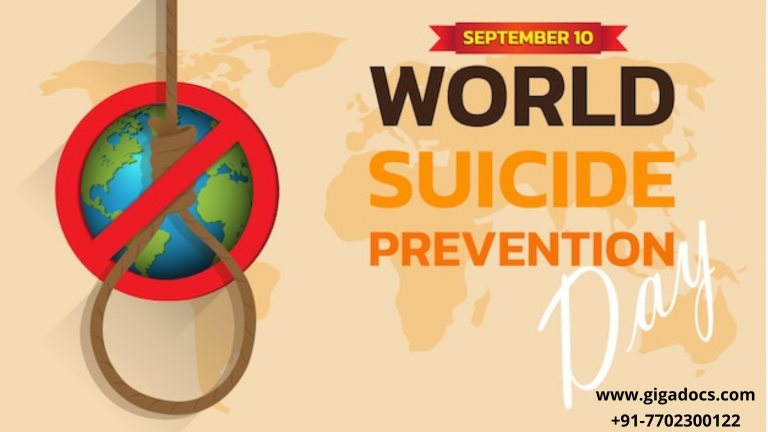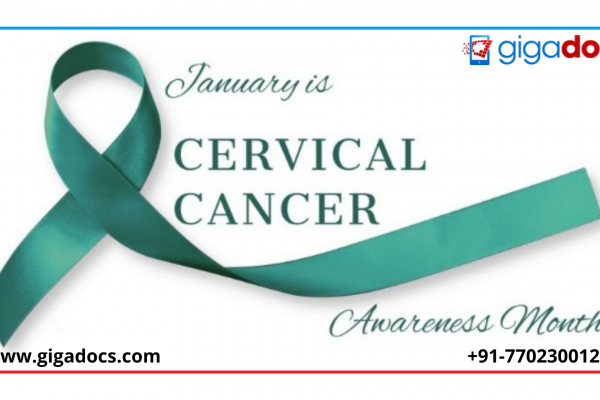Suicide is fatal. Every 40 seconds, someone dies of Suicide
Every year, an estimated 703,000 people commit suicide around the world. The more in-depth stats are more disturbing. For every suicide committed, at least 20 more people have attempted to kill themselves, and a much larger number of people have had suicidal thoughts. Suicidal behavior affects millions of people who are bereaved or otherwise profoundly affected. Let’s aim to uncomplicate this grave and severe concern this World Suicide Prevention Day.
World Suicide Prevention Day
Every 10th of September is observed as World Suicide Day. This day is organized by the International Association for Suicide Prevention initiative and is co-sponsored by the WHO.
This day draws attention to the stigma attached to suicide and raises awareness among organizations, and the general public, sending a clear message that together, we can avoid suicide instances.
Suicide Cases on the Rise Due to the Covid Pandemic
Mental health problems were always present; they only worsened after the pandemic. According to a study by the Bengaluru-based Suicide Prevention India Foundation (SPIF), self-harm and suicide ideation have increased since the coronavirus outbreak.
Many have lost their loved ones; almost everyone was at home due to the lockdown, and employment opportunities have become unstable, leading to a definite increase in cases of anxiety and depression seen across the population, particularly after the second wave compared to the first.
Suicide Cases and Online Influence
Many people’s mental health has suffered due to the pandemic’s anxiety, stress, and depression. This is exacerbated by online bullying and the negative influence of social media. Many children are worried and are unsure how to express themselves or what to expect, even now as the pandemic cases come down.
Suicide Triggers – Alcohol and excessive digital media
Alcohol and smoking addictions are also triggers if consumed without moderation or while depressed. The primary trigger is the current generation’s environment and lifestyle. An excess of digital information can be overwhelming. Meeting those standards through media consumption and failing to meet them has left the youth with anxiety, stress, and depression.
Preventing Suicide Cases
In many Indian families, discussing mental health is still frowned upon. Physical wellness is being cared for, while mental health is undervalued.
- The first step in prevention is awareness. People must become aware of the signs and symptoms of depression and begin talking about their emotional well-being with their friends and family.
- Adolescents and youngsters should be encouraged to express their emotions rather than be silenced.
- We all can make a difference in the well-being of our loved ones. We can help to prevent suicide by attending to the suicidal warning signs (discussed in the next section) and help facilitate-
- Life skill training for our loved ones facing anxiety and low thoughts,
- Reaching out and avoiding negative comparisons,
- Instilling a sense of gratitude and forgiveness,
- Encouraging constructive hobbies for positive channelization of energy,
- Encouraging a healthy lifestyle with yoga, exercise, and daily walking,
- Building coping abilities, sharing roles and responsibilities within the family,
- Caring for others with an empathic approach adds meaning and purpose to one’s life.
Suicidal Thoughts- Watching Warning Signs
Family members are the primary caregivers and can be the most robust pillars in suicide prevention. It is critical to address the issues as soon as possible rather than waiting for them to become chronic. A few “must do’s” by the family are-
- Keep an eye on the troubled ones; if you notice someone in your family is upset and discussing suicide or death wishes, take it seriously.
- Family members should look out for one another, keep a positive attitude, and encourage two-way communication.
- Involving family and close friends and soliciting their support can be beneficial in assisting the person in overcoming suicidal thoughts.
- If anyone in the family is talking about self-harm or thinking about suicide, family members should seek help right away.
- Practicing and helping others follow yoga, meditation, or any other activity that increases mental awareness.
- CBT (Cognitive Behavioral Therapy) and other therapeutic interventions have helped people overcome suicidal thoughts.
Cognitive Behavioral Therapy with Gigadocs
Behavioral health issues are common among people suffering from depression and anxiety, but they often go unnoticed or untreated, resulting in poorer outcomes and unnecessary medical costs. It is impossible to ignore the importance of being aware and sensitive to hearing out if someone exhibits signs of anxiety or expresses suicidal thoughts.
Tele-healthcare interventions, such as psychotherapy delivered by phone or video, are effective and comparable to face-to-face treatment of depression, particularly when the person is confined to their homes or is unable to move due to work and family obligations.
- Gigadocs telehealth provides qualified and experienced mental health experts on behavioral health conditions (such as postpartum depression, anxiety with or without panic attacks, depression, and substance misuse).
- Acute and chronic mental anxiety arising due to chronic conditions like diabetes, cancer, cardiovascular disease
Download and share the Gigadocs App with your family and friends to help them be more aware and sensitive to hearing out if someone shows signs of anxiety or has suicidal thoughts-
Download from
- IOS App – apple.co/2W2iG4V
- Android App – bit.ly/33AQoR



